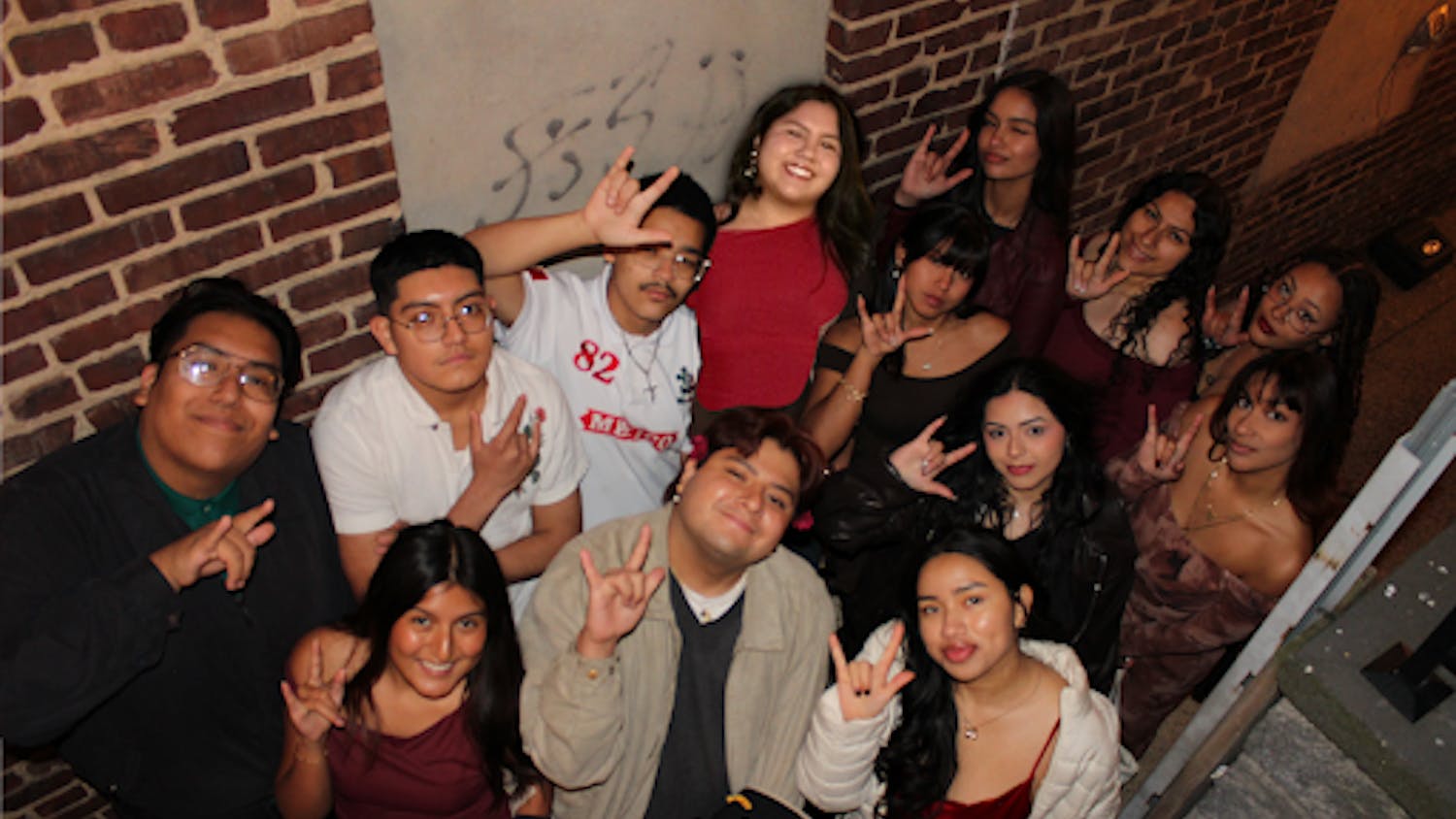Would you know what to do if someone told you that they were a sexual assault victim?
A small group of about 10 male students at the College gathered in the Travers/Wolfe Main Lounge last Wednesday night to answer this question.
The group met for a discussion panel entitled "Sexual Assault: Why Should Men Care?" The main focus was to teach men how to respond should a female sexual assault victim approach them for help. Common misconceptions regarding sexual assault were also discussed.
"Statistics show that a woman who has been sexually assaulted is more likely to confide her situation to a male associate first," Jackie Deitch-Stackhouse, coordinator of Campus Wellness' office of Anti-Violence Initiatives (OAVI), said.
Deitch-Stackhouse opened the discussion by showing a 20-minute presentation of a fictional, yet harrowing, sexual assault story from a police training video.
The story was told in the second person to make each audience member feel as though he was the victim. The film also documented the painful aftermath of sexual assault, when the victim may experience disbelief, shame, self-blaming, anxiety and fear.
This psychological and emotional pain is often so strong that victims are unwilling or reluctant to disclose their ordeal to even the closest friend.
"It takes a lot of courage for a victim to tell someone about their assault," Deitch-Stackhouse said. "Therefore it's extremely important to be a good listener and to honestly believe that she is telling the truth."
According to Deitch-Stackhouse, sexual assault victims should be encouraged to speak with a trained professional, but are not to be forced into a situation that would make them uncomfortable.
Victims who are afraid to disappoint those who have given them advice will sometimes not seek any help at all.
Deitch-Stackhouse added that although sexual assault victims must make their final decisions alone, giving them access to resources is a tremendous feat.
OAVI provides counseling for sexual assault victims and their friends who are uncertain how they can help. Also, the White Ribbon Campaign at the College is committed to educating the campus community and preventing violence against women.
The panel also discussed how sexual assault is a far broader term than rape, which is exclusively defined as forced penetration of a penis into a vagina. Sexual assault includes everything from nonconsensual sex to lewd public conduct.
Deitch-Stackhouse explained that sexist jokes also qualify because they encourage more severe forms of assault by degrading the opposite sex to a lower, more vulnerable level.
Deitch-Stackhouse gave several tips to audience members on how to keep themselves and their friends safe from sexual assault.
These tips included everything from staying in groups at parties and never leaving drinks unattended to knowing how much liquor will affect your judgment.
Because 80 percent of all sexual assaults involve people who know each other, Deitch-Stackhouse stressed the importance of communication between partners before taking part in sexual intercourse.
"You need to make sure that you and your partner are on the same page," Deitch-Stackhouse said. "Don't force or be forced into something that isn't mutually wanted."
The "Sexual Assault: Why Should Men Care?" discussion was part of the ongoing Wellness Wednesdays program, which will be holding its next meeting in early October.






